"We're past the days when all a company had to do was earn money for shareholders"

The three-month search is over. After Ørsted Chief Executive Henrik Poulsen announced his departure from the utility in mid-June, the group has been on the lookout for someone to replace the arguably most successful CEO in Danish industry in recent memory.
Poulsen has transformed the company from an unfocused, oil-heavy power company to a global poster boy for climate change mitigation with stellar results.
The Ørsted board Chair Thomas Thune Andersen initially said the search would be worldwide and far-reaching.
In the meantime, it turned out the perfect replacement was located just under 200 kilometers away from Ørsted's headquarters in Copenhagen. The one person the company wanted most of all, was Grundfos' CEO Mads Nipper, whose new job was announced on Wednesday evening.
"Nipper was our first choice," Thune Andersen states.
"We've looked all around the world, and a lot of factors go into a decision like this. But we're so fortunate we found the right person at the right time this close."
No change in strategy
From one perspective the distance seems modest, since a 52-year-old Danish economist with a Lego background is being replaced by a 54-year-old Danish economist with a Lego background. As a matter of fact, they worked for the toy company at the same time, and it's not unlikely they would have run into each other as students at Aarhus School of Business (now Aarhus University) in the late '80s.
However, in contrast to Poulsen's early CEO tenure at Ørsted and Nipper 's ditto at Grundfos, it doesn't seem like drastic changes are needed this time around.
Ørsted is a solid frontrunner in the offshore wind sector, and the company is preparing for a future with energy based on wind, solar, energy storage and now green hydrogen. The overarching goal is to become a global major in sustainable energy.
"We're not changing our strategy. Our ambitions remain the same," the chair says.
If the strategy fits
That's not to say there are no discerning differences between the current and future CEO. As regards their public appearances, this might be described as a shift from the gray eminence to the gray-haired eminence, who often ranks highly in terms of brand value with his freely and frequently given personal opinions about the direction the company and the world should be headed in.
In other words, he is not the ideal candidate for someone you'd place in a corner while other people made the decisions. But the future CEO will not be taking on the job with the intention of changing everything from day one, he establishes.
"My career is not a goal in itself. The greatest thing I want from my career is that the company I work at performs well, and even more importantly that it makes a difference in the world. If the current strategy is the best one, the worst thing I could do is to go and insist we make a new one," says Nipper, while also rejecting the notion that the word if carries some special importance in the above sentence.
"I don't know enough about the company to have an opinion on this. It was an unconscious word choice, because everything points towards the current strategy being the right one. Ørsted has been in charge of an incredibly impressive transformation, where the company has successfully changed while at the same time producing results. Only the most excellent companies can achieve this, and in this regard, I think Ørsted is in a league of its own."
More than a money machine
Indeed, it might seem excessively meticulous to place such an emphasis on one small if. Some of the shareholders that boosted Ørsted's market value by more than DKK 257 billion (EUR 34 billion) since the group's 2016 listing might rather take stock of another word choice: that the most important thing for Nipper is to do something that makes a difference in the world – implicitly including parts of the world that do not necessarily own stocks in the energy company.
The experienced CEO easily dodges the trick question of whether it's more important to generate revenue for the stockholders than to create a better world through sustainability.
"I think the world's most talented leaders are those that resist the temptation of choosing only one or the other. Instead, they insist on both," he states.
"The days when a company's only role was to earn money for stakeholders – those days are long over. Ørsted has already demonstrated this with great clarity."
A duty to society
In this sense, Nipper will continue from where Poulsen lets go. As the soon-to-be former CEO acknowledged in communication with EnergiWatch upon announcing his resignation that he had become more conscious of climate change during his time at Ørsted. His replacement has had this awareness from the get-go.
Even though he'll still be open about his opinions, he acknowledges there's a difference between his former career in family-owned companies and being the spokesperson of a listed company.
"I'm of the opinion that every firm – and by that, every leader of a firm – has a duty to get involved in society. That said, you need to consider the interests of the company, as well as the potential limitations. For example in terms of rules concerning the stock exchange," he says.
"But a company as big and significant as Ørsted – and its leader – needs to be involved in society. And I intend to do that. But I'll do this in a close dialog with the rest of the company management and board to ensure this serves the firm's interest, and that it's not just based on my own opinions."
Not just voilá
Nipper is interested in the advice of his future board – and vice versa – also in terms of strategy. Because even though the overall goals are in place, such as the goal of becoming a major player in sustainable energy as a whole and investing DKK 200 billion in the process before 2025, the future CEO's workload will not be limited to executive tasks.
"You can't really limit it to saying – voilá – now we have a strategy, so we don't have to do anything for five years, until – voilá, now we're making a new strategy. Strategy is a huge topic that needs to be dealt with one piece at a time," Thune Andersen notes.
"We've established some strategic priorities for playing a part in the energy transition and using our competences to build globally. They're the ones that Mads is on-boarding to latch onto and take part in. Underneath all of this, there's a bunch of partial strategies relating to the countries, technologies etc. we're working in. Mads will be taking part in making these decisions from the first day he steps in the door."
An observation
As a matter of fact, Nipper has never set foot on Nesa Allé 1, Ørsted's Copenhagen address. But before stepping through the sliding doors as the company's top executive after New Year, the CEO acknowledges he plans to spend some time "reading up on things late in the evening".
In this sense, what might be the greatest difference between Poulsen and Nipper is quite essential:
The first-choice candidate has never worked with the business areas that turned Ørsted into a sucess. Indeed, he worked with green technology at Grundfos – but in a slightly opposite way, since at Grundfos the greenest energy is the kind you can avoid using, whereas Ørsted is concerned with generating abundant power.
The board, however, is not overly concerned with Nipper's lack of knowledge in this area of the industry.
"I won't say we've been worried about this, but of course, it's an observation we've made. But in order to lift this type of job, all sorts of elements are needed: Some are related to experience and ambition and to actually completing a company transformation, and Mads has all of this. The same is true for understanding what it means to be a factor in climate change mitigation, and the whole element of understanding interactions between several major stakeholders, be it governments or large family enterprises," the chair says.
"As regards industry-specific skill, we have a strong team with a lot of experience within the industry in our organization. One of Mads' tasks will be to engage with this team of experienced employees. He has to be a quick learner."
English Translation: Nielsine Nielsen
Grundfos CEO resigns to become new CEO of Ørsted
Related articles
Ørsted: We're still assessing the floating wind market
For subscribers
Ørsted's CEO hunt progressing
For subscribers

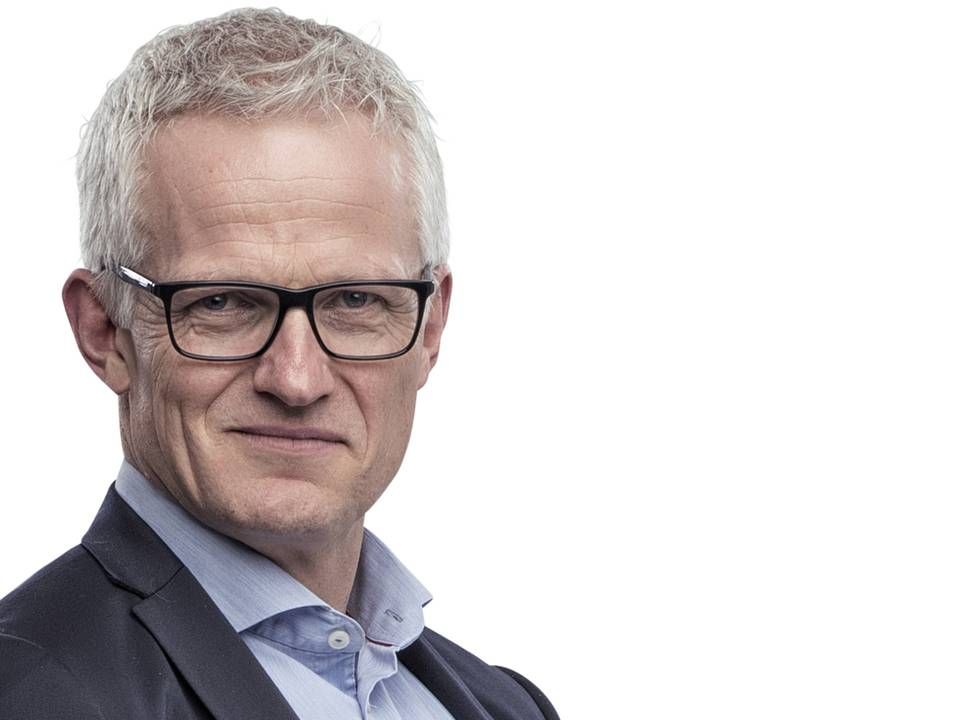
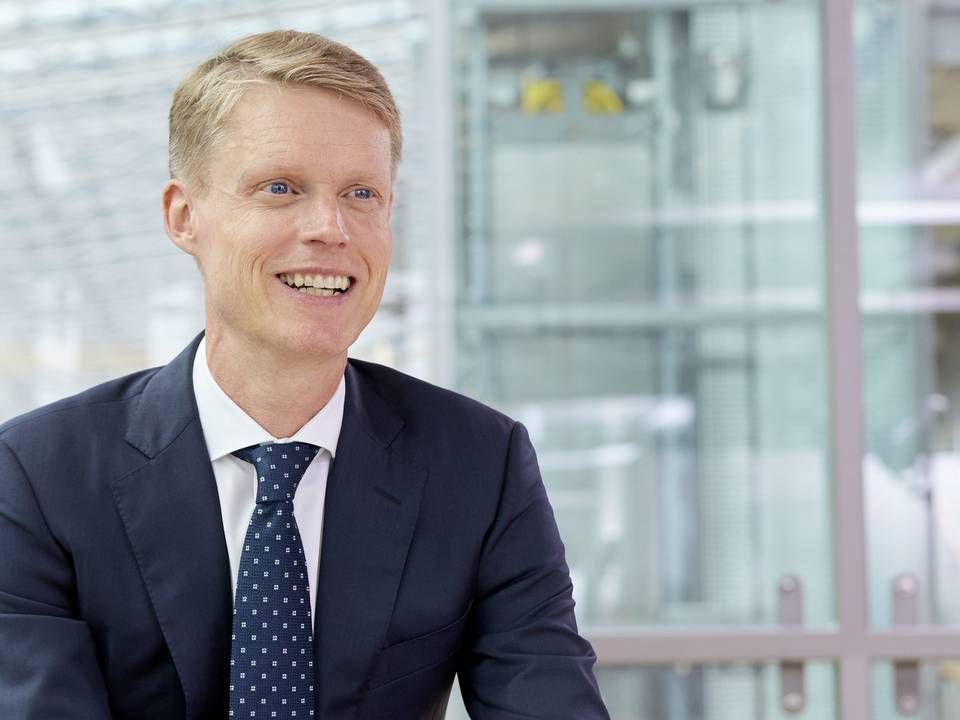


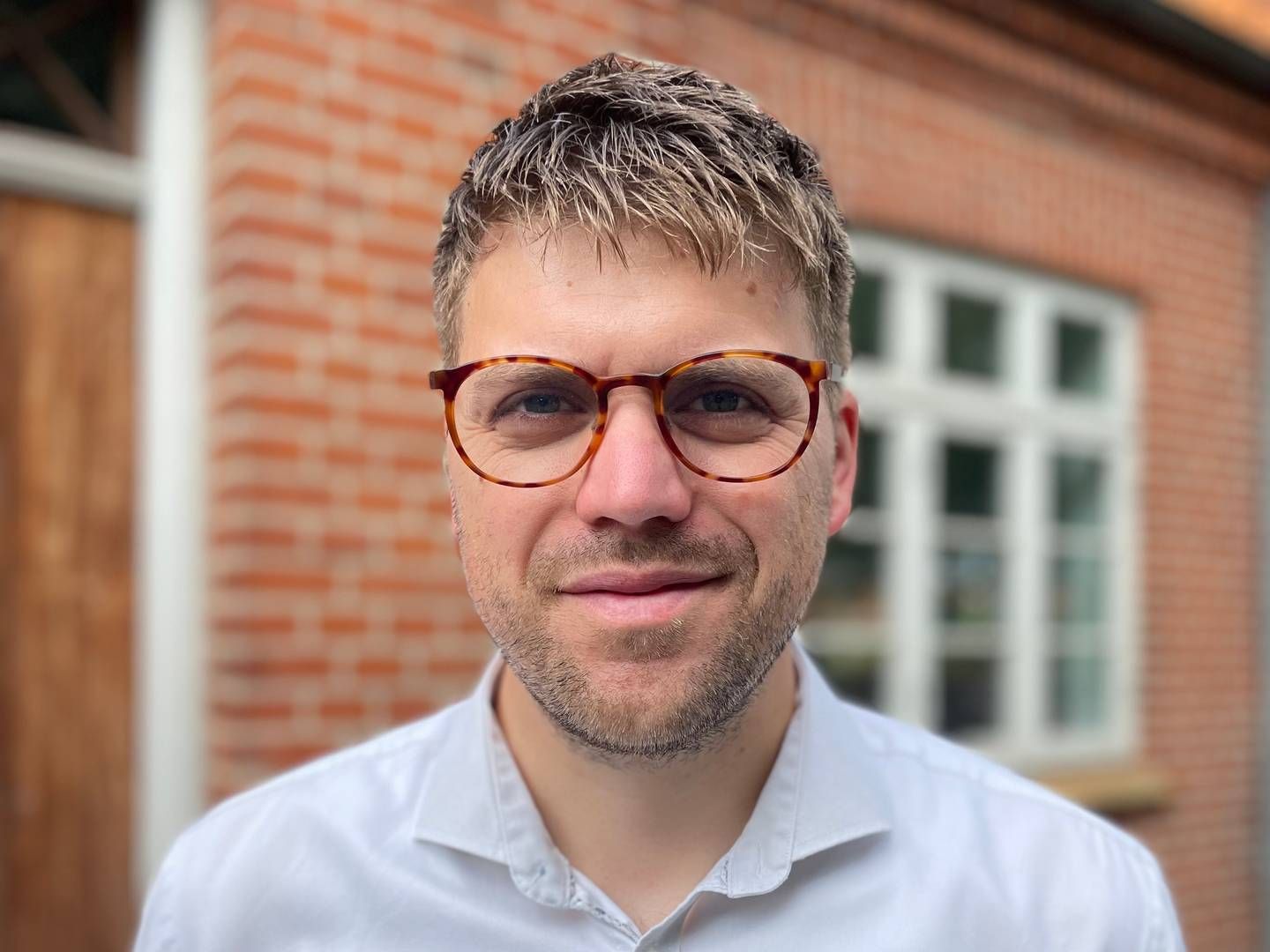
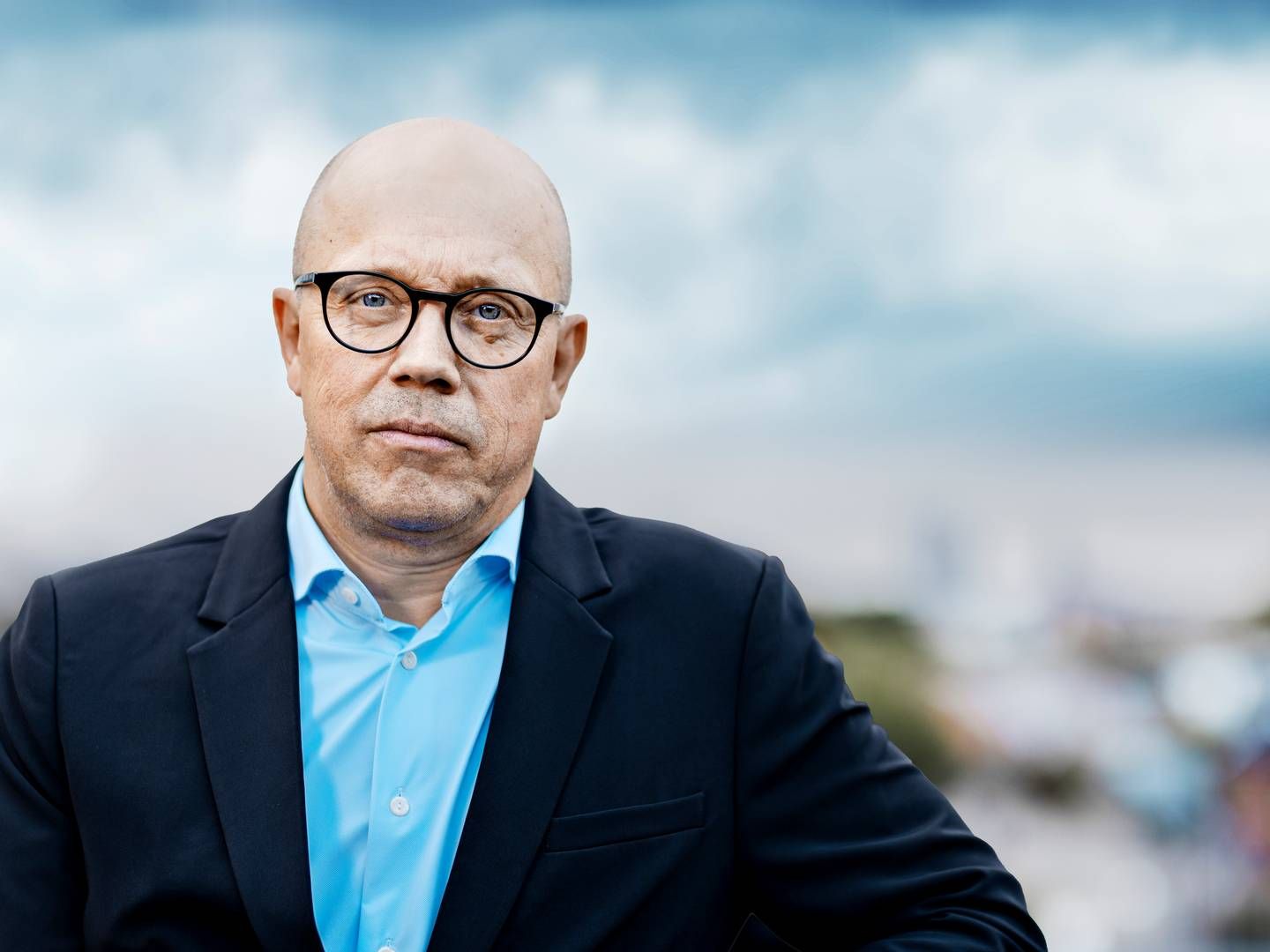



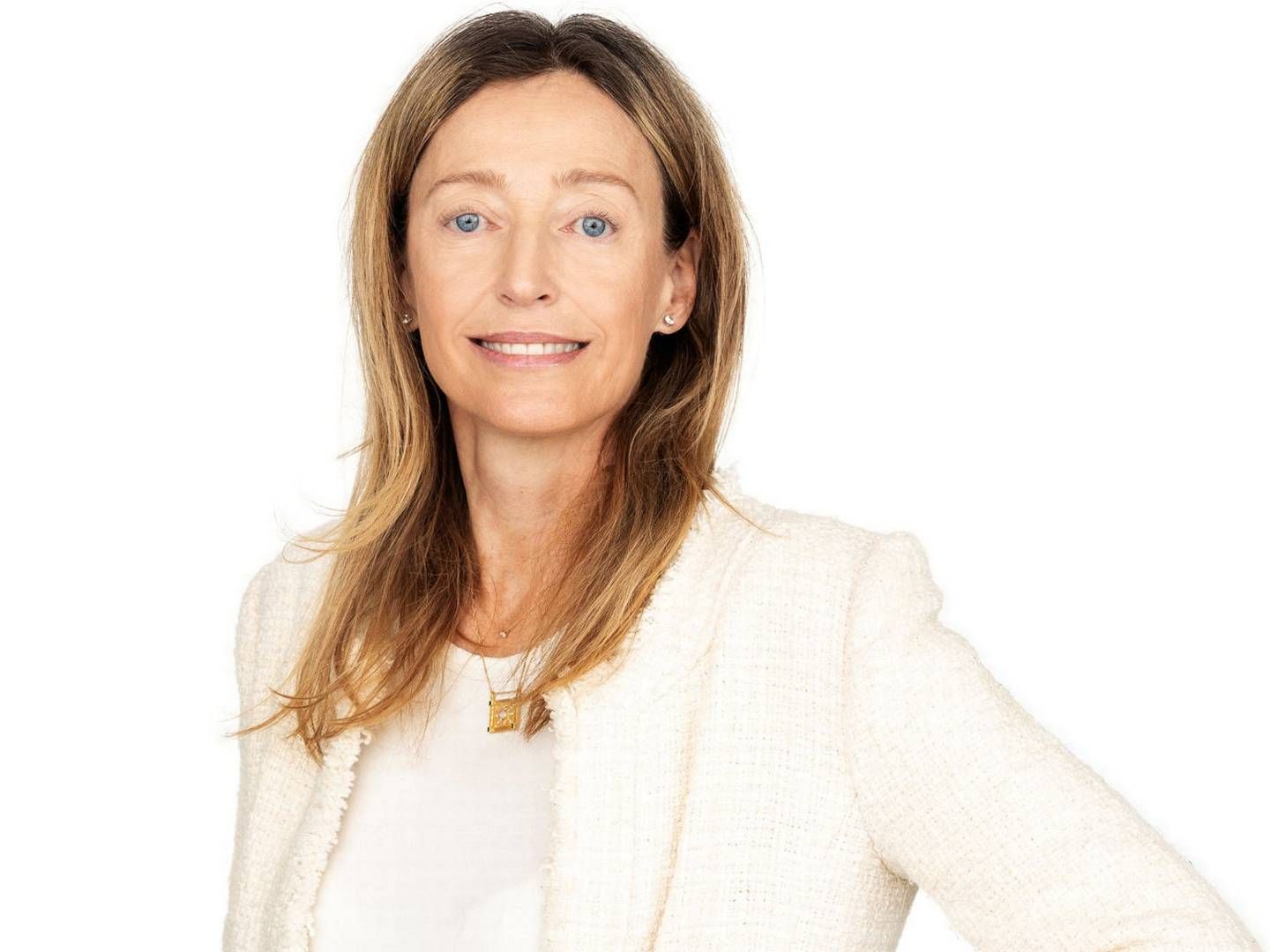

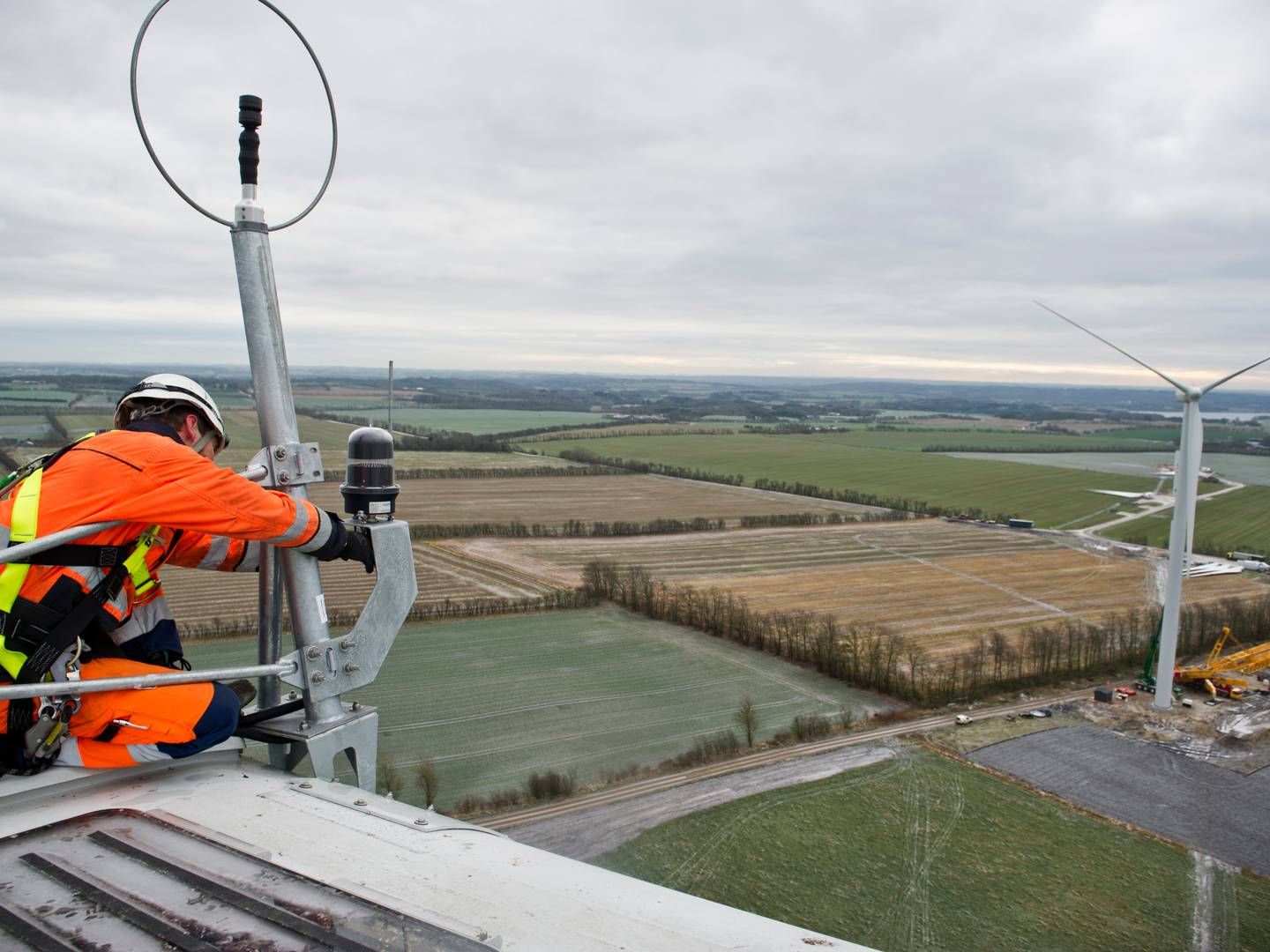
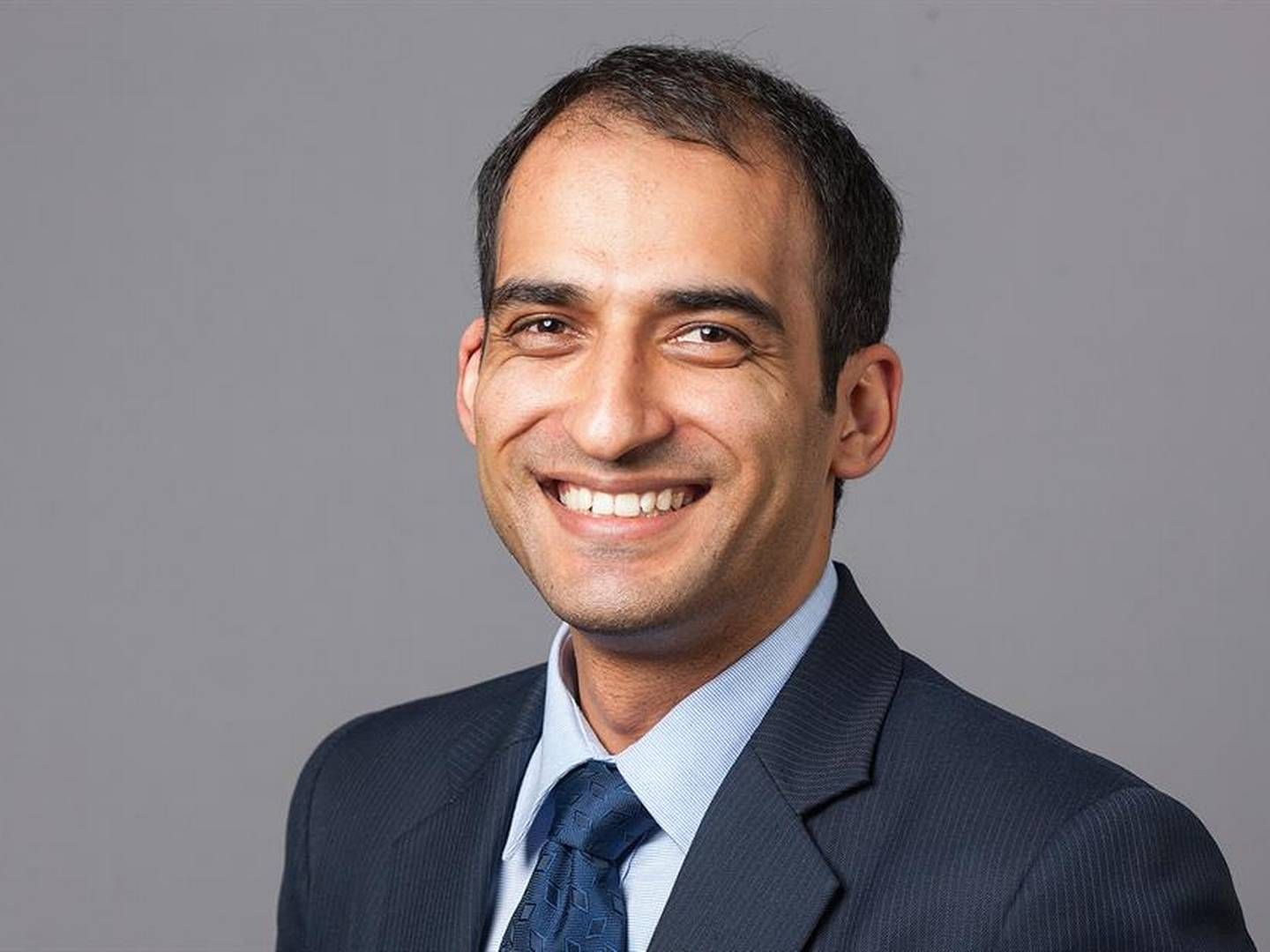



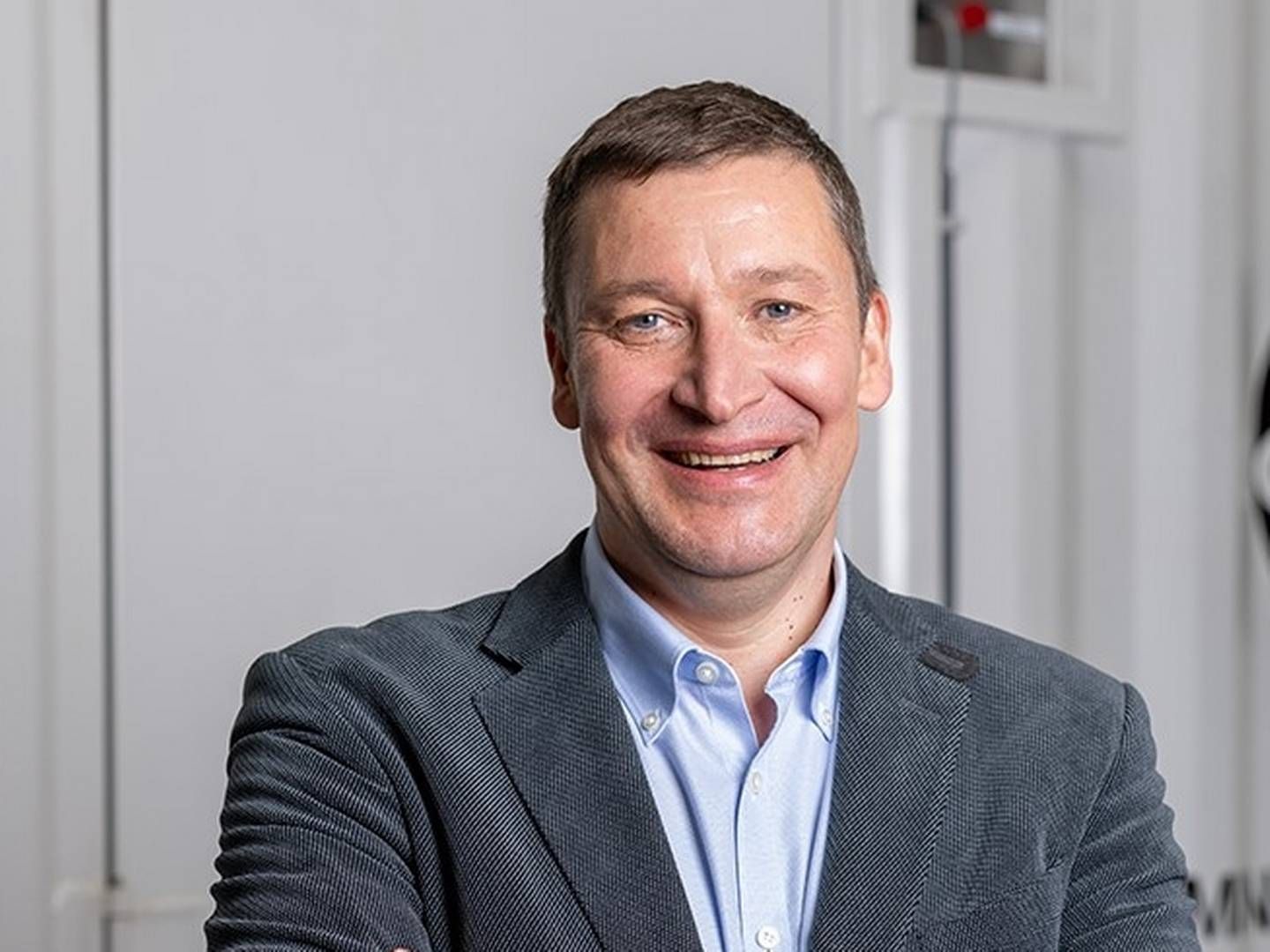



.jpg&w=384&q=75)



